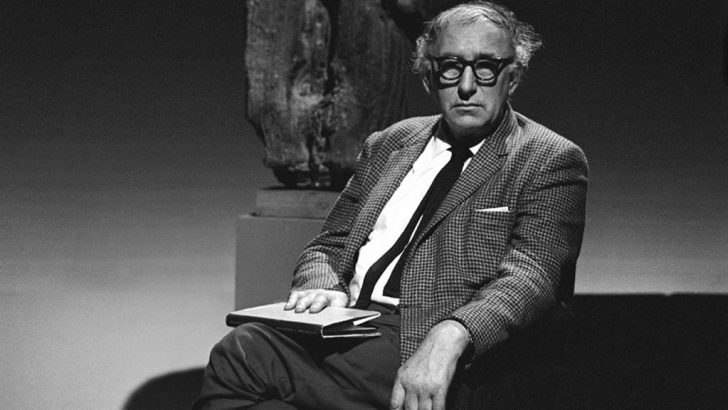State Papers: Secrets of the powers that be
These days the poet Patrick Kavanagh is seen by some as something close to a saint, certainly a man of sensitive expression and deep spirituality. But this was not the opinion in 1938 of Dublin booksellers or the gardaí in College Green barracks, as a police file in the Department of Justice releases show.
One of these bookmen stopped a garda on Dawson Street to complain about the aggressive and abusive behaviour of “a man named Kavanagh” who came into shop. He pointed the man out to the garda on Nassau Street, who questioned him.
The poet admitted he had been in the shop and had behaved in the reported manner. He had been doing the rounds of the book shops attempting to promote the display and hence the sales of his new book – his first prose work The Green Fool. This had just been published by the leading London firm of Michael Joseph and received warm reviews there.
Kavanagh and his friend had complained about Dr Oliver St John Gogarty (the model for Malachi Mulligan in Ulysses) dictating the policy of the shop in stocking and displaying the book.
The trouble was that this touched the raw nerve of the matter – though this is not said in the file.
The book contained a passage about Kavanagh’s first trip to Dublin and how he made a visit to Dr Oliver Gogarty’s house in Ely Place.
“I mistook Gogarty’s white-robed maid for his wife – or his mistress – I expected every poet to have a spare wife.”
When Gogarty learned of this he communicated through his solicitor to the publishers that it was libellous. A first step in action is to ask the publishers to cease circulation of the book.
When they refused to do this he took action in the London Courts – feeling that given his politics he would not get a fair hearing from a Dublin jury. The year before he had to pay damages to a Dublin antique dealer for a libel in his own book, As I was Going Down Sackville Street.
In the next days the garda spoke to several book sellers who all complained of the same kind of behaviour.
He also spoke to Fr Senen Moynihan, the Capuchin in Church Street, who edited the then-famous Capuchian Annual. Fr Senan had read the book, which he considered slightly anti-Catholic, but that taking any action against the poet would not work, as he was seeking notoriety and would love the publicity.
The garda also inquired in the Courts if there was an application for a libel action. At the time there was not.
Gogarty too had a new book out that month, one which had more appeal to Catholic Ireland perhaps. This was I Follow St Patrick. (A copy was found on James Joyce’s desk after his death in 1941 – a Greek dictionary beside it with which the creator of Malachi Mulligan was checking Gogarty’s quotes.)
The new libel action came to court in London, and Gogarty was awarded £100 in damages. This killed the book for a decade.
Kavanagh later disowned it as sentimental trash, and rewrote in a truer way as his novel Tarry Flynn (1948), but almost at once his London publisher went bankrupt, which killed that book for 20 years.
[National Archives 90/102/151]


 Patrick Kavanagh
Patrick Kavanagh 
